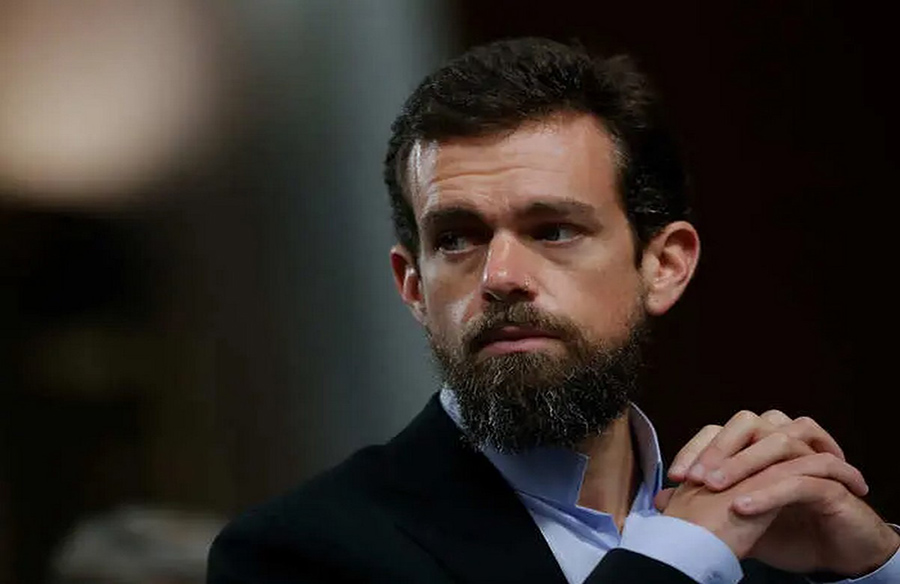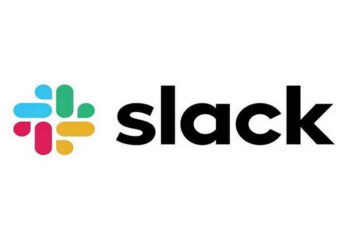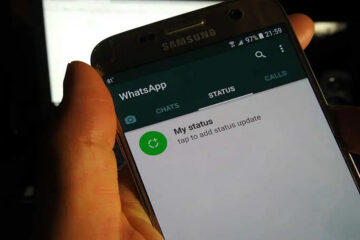Twitter’s Accountability in India

Twitter’s recent clashes with the Indian government over new IT rules have led to questions about its intermediary status and potential liabilities for content posted on its platform. Let’s explore the implications of these developments and the ongoing regulatory challenges faced by social media giants.
Intermediary Status and Liability
As an intermediary, Twitter traditionally acts as a facilitator without direct responsibility for user-generated content. However, its failure to comply with India’s IT rules raises concerns about potential legal repercussions. If Twitter loses its intermediary protection, it could be held directly accountable for the content posted on its platform, subject to Indian laws and penal regulations.
Legal Framework and Challenges
Section 79 of the IT Act provides immunity to intermediaries like Twitter if they promptly respond to legal takedown requests from courts and public authorities. Despite this provision, organizations like the Internet Freedom Foundation (IFF) and individuals such as musician TM Krishna have contested the new IT rules, arguing that they infringe upon fundamental rights like freedom of speech and privacy.
Criticisms and Constitutional Concerns
Critics, including Mishi Choudhary from the Software Freedom Law Center (SFLC), have raised alarms about the constitutionality of the new IT rules. They argue that these regulations grant excessive powers to the government and risk politicizing the regulation of technology companies. Choudhary emphasized that the rules diverge from the established IT Act of 2000.
Compliance Efforts and Government Responses
In response to these challenges, Twitter has taken steps to comply with the new guidelines, appointing interim officers and engaging with the Ministry of Electronics & IT (MeitY). However, tensions persist as Twitter and other significant social media platforms face deadlines and scrutiny from Indian authorities.
Deadline Extensions and Parliamentary Inquiries
Twitter, among other platforms, requested extensions to meet the IT rule requirements, but it faced criticism and pressure from the Modi administration. The platform’s delayed compliance led to further friction, culminating in a summons to appear before a Parliamentary Panel to address misuse concerns.
Conclusion: Navigating Regulatory Landscape
The evolving relationship between Twitter and the Indian government reflects broader challenges in regulating digital platforms while upholding user rights and legal standards. The outcome of these conflicts will shape the future of intermediary liabilities and online freedom of expression within India’s digital ecosystem.












